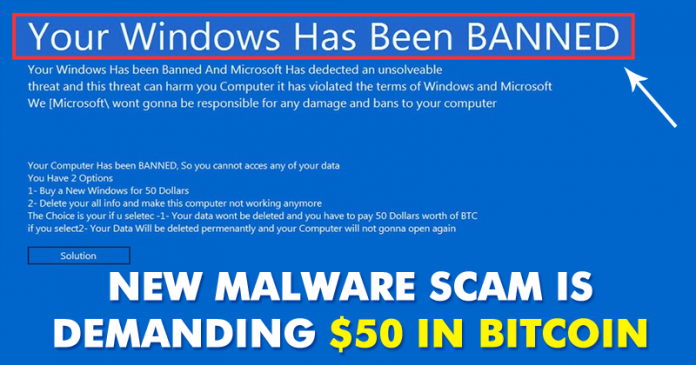

Recently, Kaspersky Lab’s Costin Raul made a tweet in which he claimed that the malware stuffed inside CCleaner v5.33 shared the code with the Missl backdoor trojan. Hackers wanted to exploit around 20 tech firms through the malware.
CCleaner Malware Targeted 20 Tech Giants Including Intel, Microsoft, Samsung And More
A few days ago we have seen, the popular cleaning application, CCleaner was infected by a malware. Hackers have applied a malicious code in CCleaner version 5.33.6162 and the version was downloaded by more than 2.27 million users.
Recently, Kaspersky Lab’s Costin Raul made a tweet in which he claimed that the malware stuffed inside CCleaner v5.33 shared the code with the Missl backdoor trojan. The Missl backdoor trojan was used by a hacking group known as Axiom.
Axiom hacker group is assumed to be based out of China and the hacker group was also known by many other names like Group 72, APT17, DeputyDog and more. The similarities in the code were also spotted by the threat intelligence group inside Cisco.
They have recently published a report in which they have claimed that a third party provided the details about the command and control center that are used by the malware. The researchers have found that the hackers wanted to exploit around 20 tech firms through the malware.
The researchers wrote in a post “Based on a review of the C2 tracking database, which only covers four days in September, we can confirm that at least 20 victim machines were served specialized secondary payloads,”
Some giant companies like Cisco, Microsoft, Intel, Samsung, Sony, DLink, Vmware, HTC, etc. are affected. For normal users, researchers have suggested getting the updated version of CCleaner, in the case of big firms, the researchers have suggested to restore their system through backup or reimage them to completely remove the malware.
So, what do you think about this? Share your views in the comment box below.


